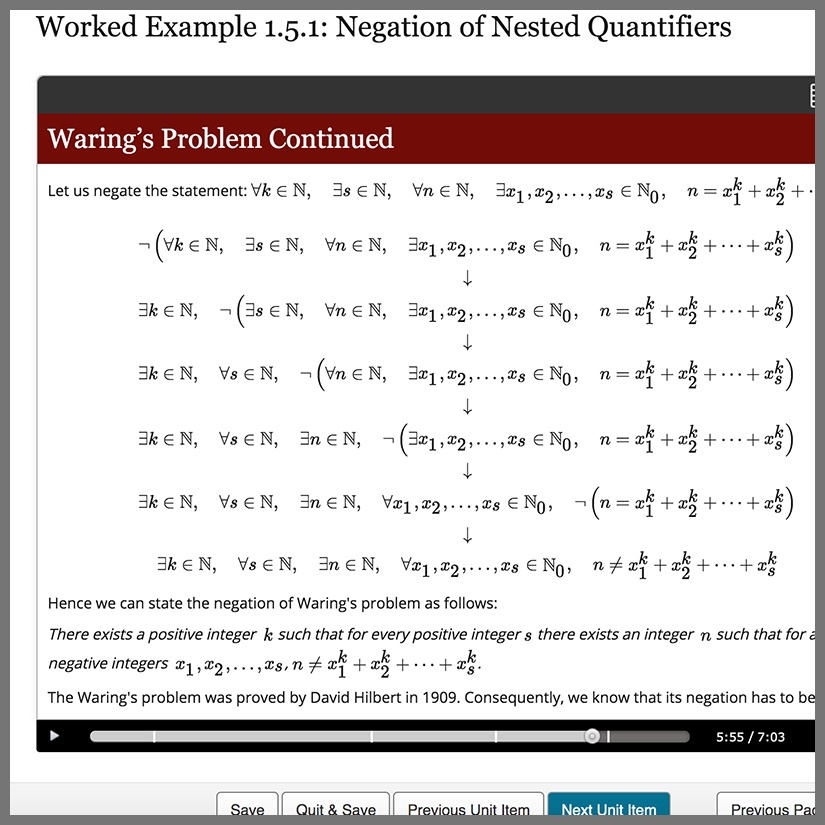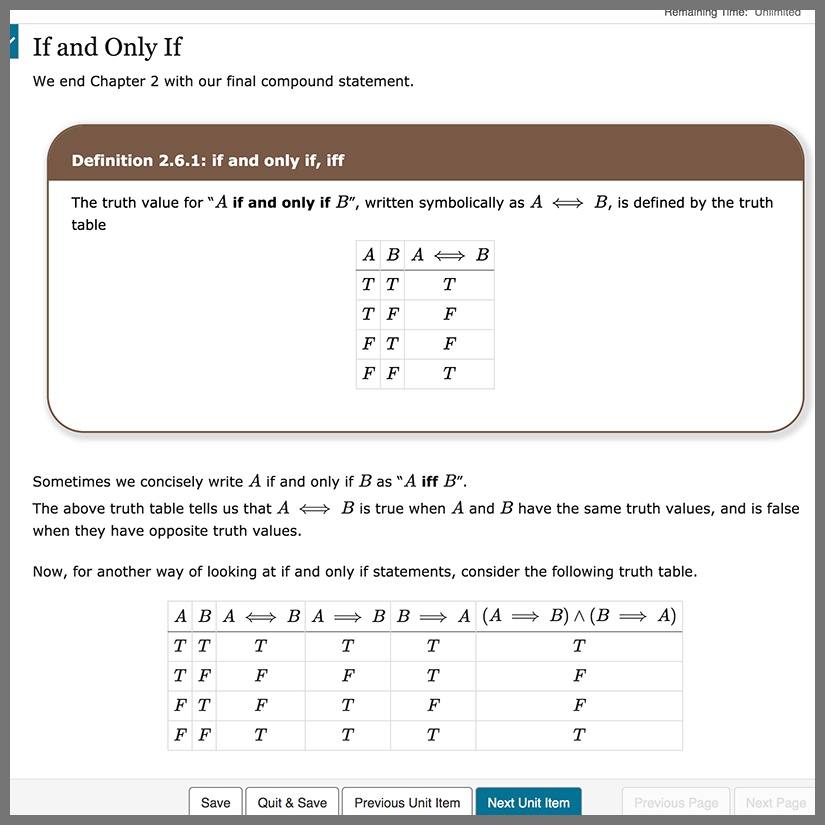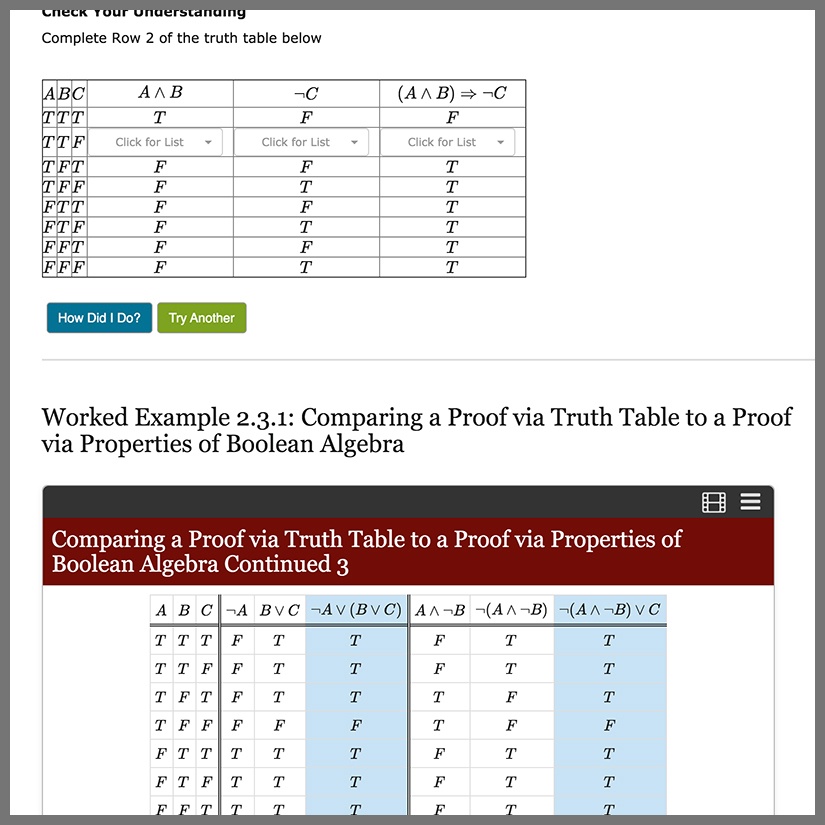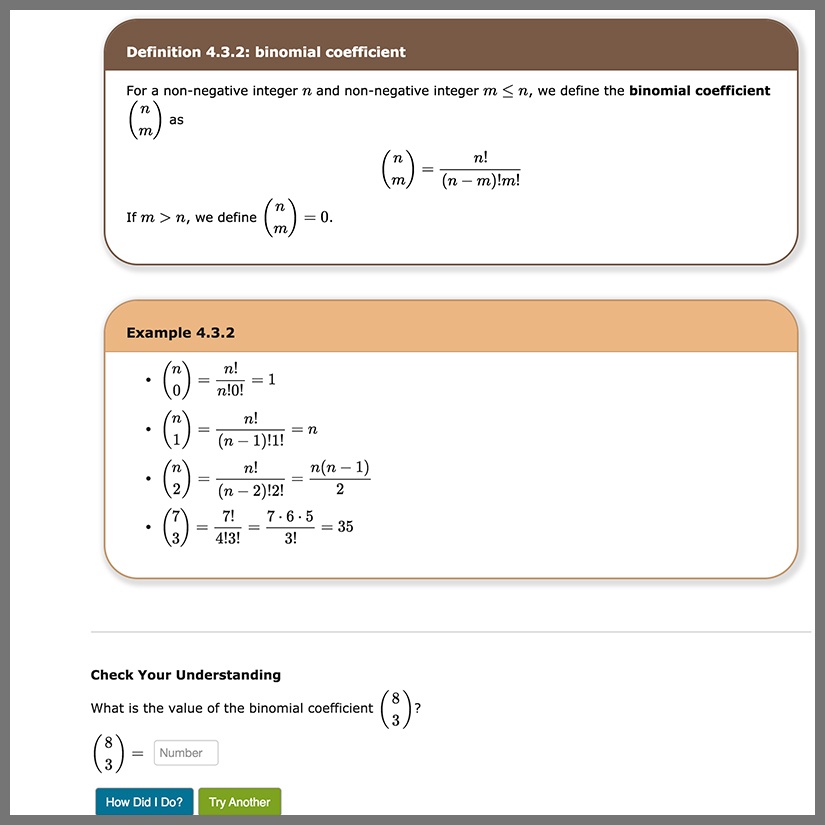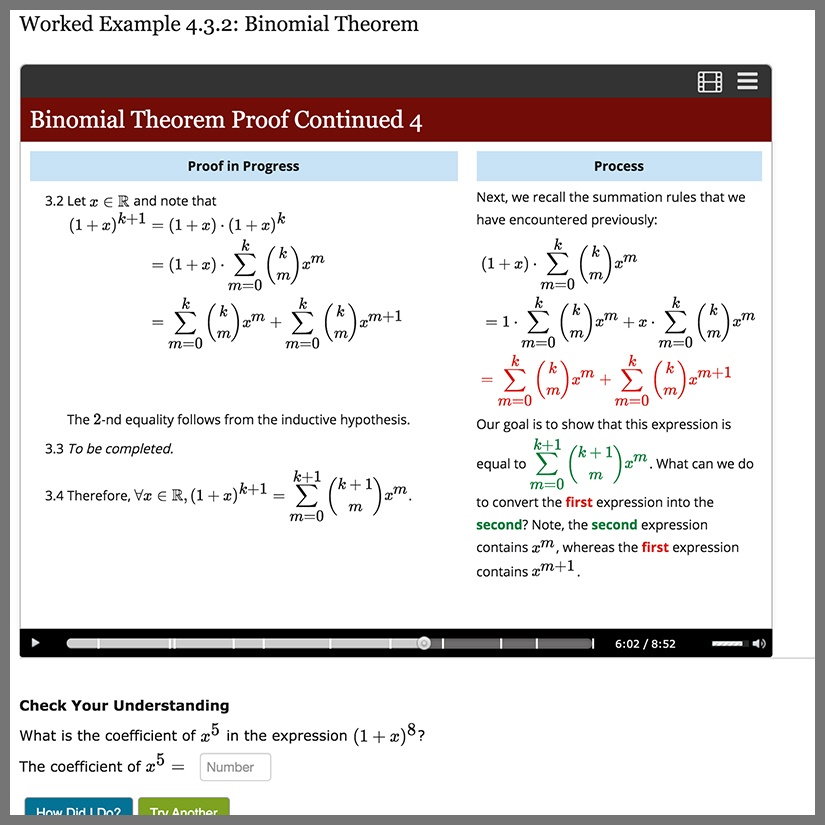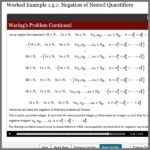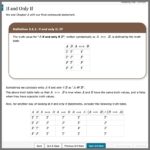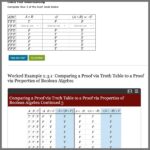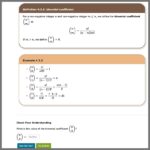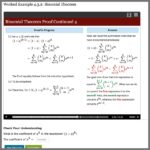Description
The Classical Algebra for Honours Math Content Pack is a Möbius course developed by the University of Waterloo that you can use as a customizable starting point to a complete classical algebra course in Möbius. This Content Pack covers a typical first-year classical algebra course centered on proof—the defining property of mathematics. This Content Pack provides an introduction to the language of mathematics and proof techniques through a study of the basic algebraic systems of mathematics: integers, integers modulo n, rational numbers, real numbers, complex numbers, and polynomials. This customizable resource contains 14 units of sectioned lessons and assignments enhanced with Möbius capabilities including algorithmic questions, in-lesson questions with unlimited practice, adaptive questions, interactive narratives, videos, immediate feedback, and end-of-section assignments.
How does Möbius take the University of Waterloo’s content to the next level?
Lessons contain interactive elements like Interactive Narratives, HTML objects, Math Apps, or Geogebra applications to help solidify difficult STEM concepts.
Learn how Möbius’ unique STEM question types throughout this content provide the best STEM learning experience.
Work with over 50 configurable assessment properties when modifying existing or building your own assessments.

